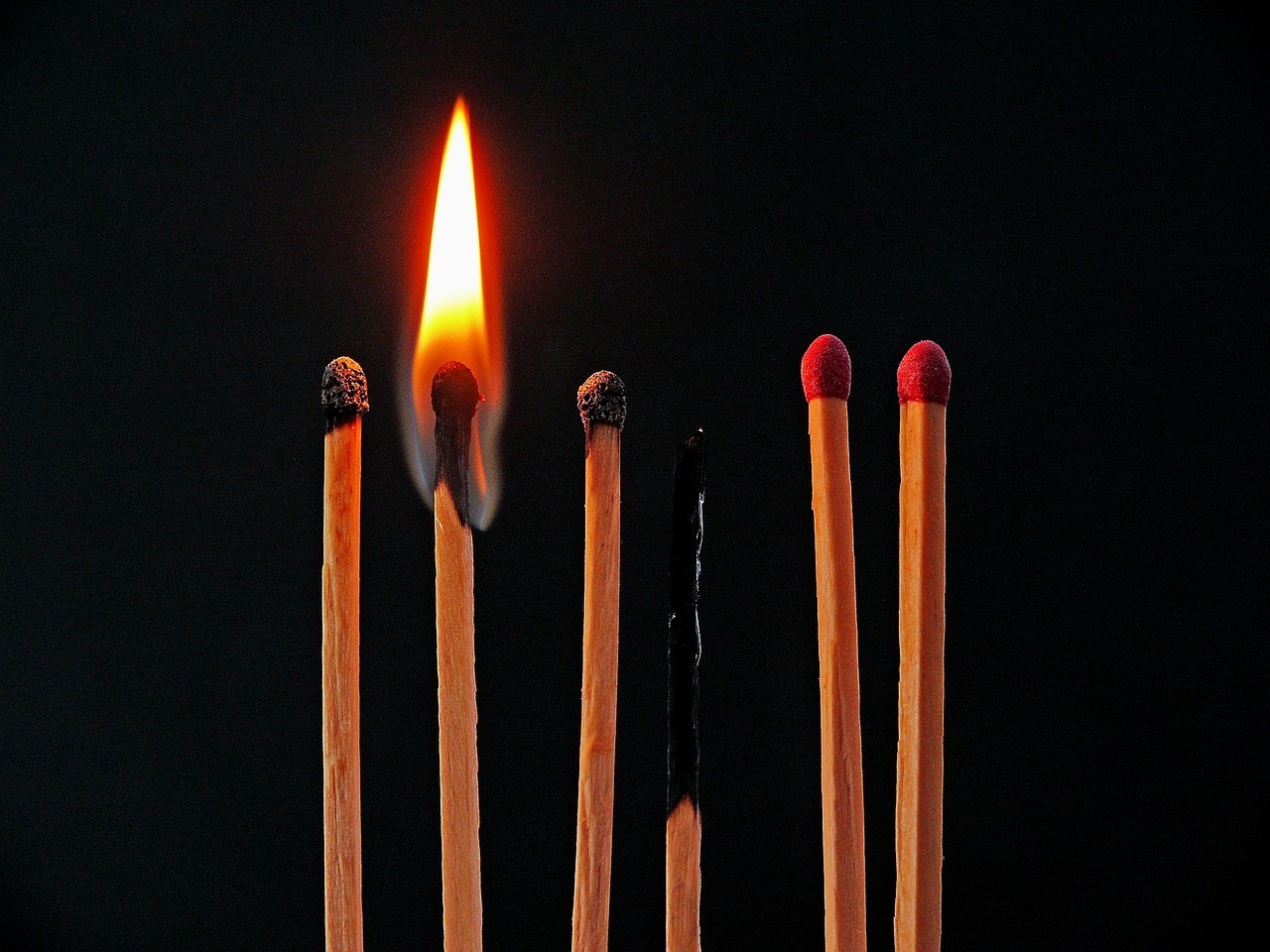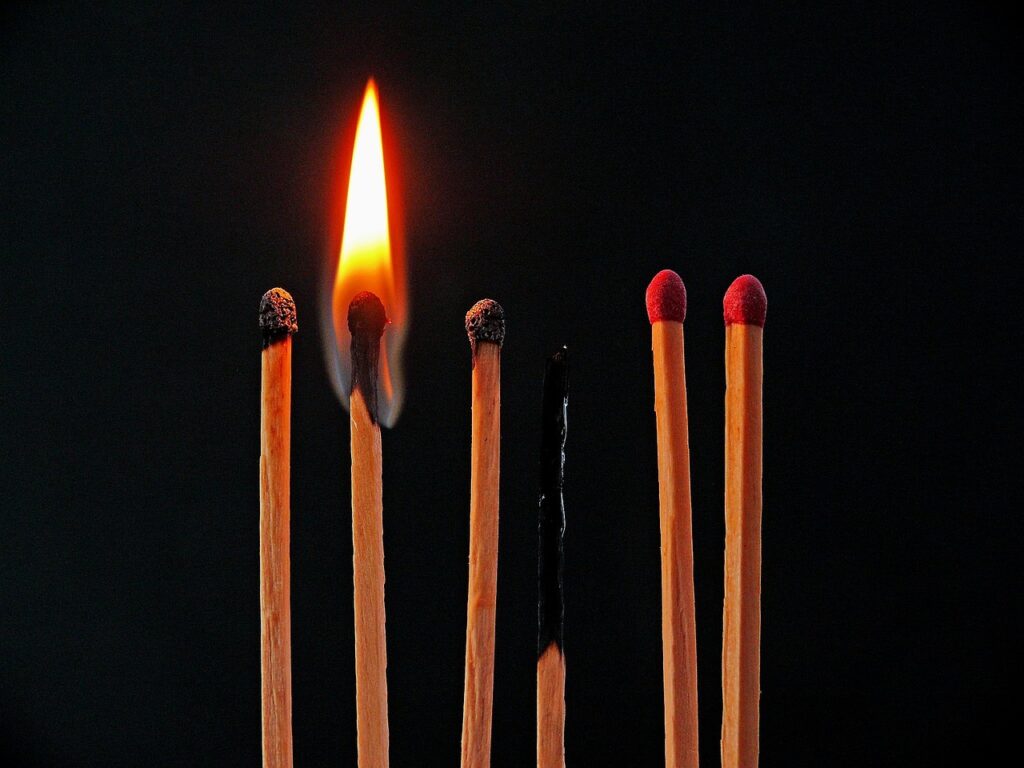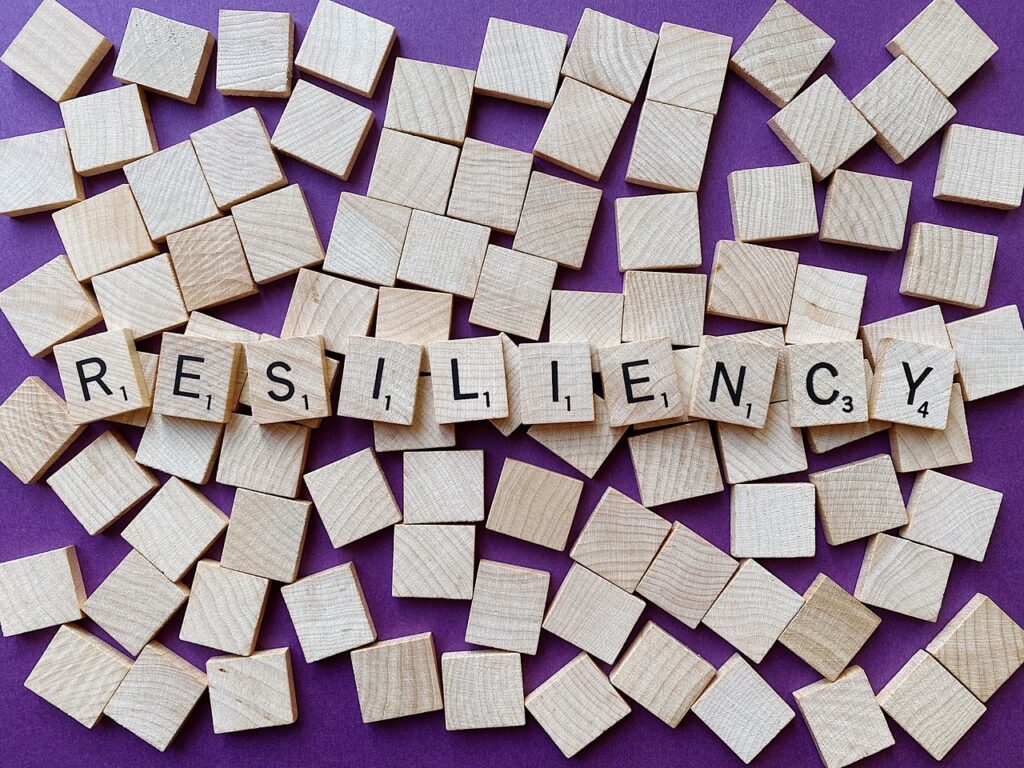Joanie, a participant of the Peak Resilience Accelerator, routinely felt there was far too much to get done, and simply not enough time.
Sound familiar? Reducing burn-out is key for many of my female STEM clients.
Having a completely free ‘Saboteur Discovery’ session was enlightening for Joanie. (If you’re not in a PRA group, I’d still be happy to have a free discovery session with you!)
Why Giving Too Much Can Be Detrimental
Joanie’s key saboteur was ‘Restless’, which meant that she got easily distracted with new ‘great opportunities’ and didn’t always finish the tasks and projects that had initially felt so worthwhile.
Plus, Joanie was further hindered by frequent bouts of illness. This made her time feel even more squeezed, and she angered at feeling ‘more behind.’
Reducing burn-out was a key goal for her.
Joanie had a real ‘need for speed’ when it came to getting things done. She reported feeling hugely frustrated when projects, colleagues and clients didn’t operate as quickly as she’d like.
It’s a feeling felt by many of my clients.
As someone who had a particularly strong ‘Restless’ saboteur, Joanie found the following exercises particularly useful.
When It Comes to Reducing Burn-out, Ask Yourself:
- ‘When have good things come out of taking more time?’
- ‘When has patience and tenacity served you?’
- ‘What would the steps for reducing burn-out by even 10% look like for you?’
Joanie was able to see that several projects had improved simply because of the extended time limits she had to observe (or, as she would said, ‘endure’). Indeed, she could even see that many of her best wins had come after she had learned patience. In fact, some of those ‘slow’ projects had actually coincided with needing less time off work for her normal illnesses.
It’s as if the slow speed of the project was exactly what her body needed!
Clearly, reducing burn-out didn’t need to be so taxing.
Taking Time to Make Time
It’s not surprising that research shows that employees with higher Positive Intelligence (PQ) scores have less burn-out and fewer sick days.
You could help yourself and other teammates feel better about their days and reap the health rewards of better health and mental fitness simply by taking the time to slow down when you need to.
If that sounds good, get in touch with me at s to see how a PRA group could serve you in reducing burn-out for you or your teams.





